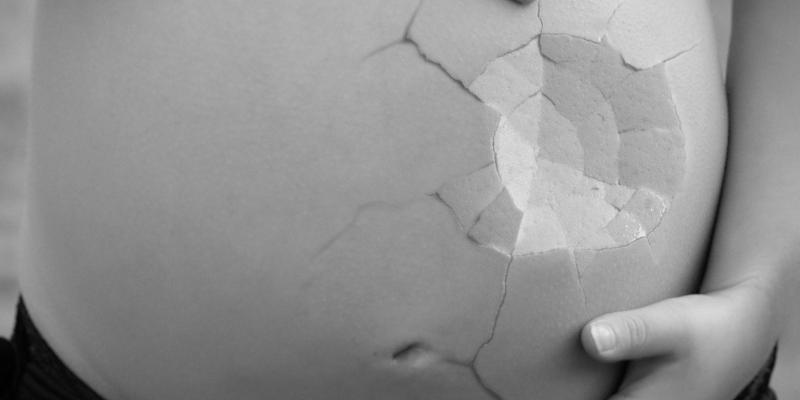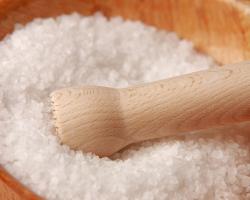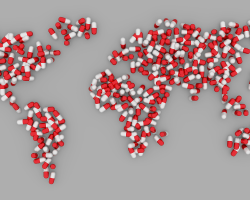The diet used by a pregnant woman has a significant influence on her unborn baby’s growth and development. Both the excess and the insufficiency of nutrients in our prenatal life is of great importance for our adult life. The guidelines on what you should and what you shouldn’t eat when you’re pregnant were prepared by the Institute of Mother and Child (IMiD).
Professionals argue that nutritional deficiencies in a mother’s body can influence miscarriage rates and the occurrence of developmental anomalies in her child. This is why your diet is so important as early as at the stage of planning your pregnancy – you should take care of it no later than three to six months before the anticipated conception.
First of all, a woman should – if she’s a smoker – try to combat her addiction, quit drinking alcohol, limit the amounts of coffee and sweets that she consumes, eliminate fast food from her diet, keep adequate body weight, and remember to supplement her diet with folic acid and vitamin D.
When you’re pregnant eat so as to feed two people, but not as much as two people can eat!
What a pregnant woman needs to remember is that her body now needs more nutrients and vitamins A, B1, B2, niacin, choline, pantothenoic acid, vitamin B6, B12, C, E, folates, as well as minerals such as magnesium, iron, zinc, copper, iodine and selenium. Women under the age of 19 also need more calcium and phosphorus.
Complex carbohydrates contained in wholegrain bread, muesli, rice, cereals, potatoes and pasta should make up the greatest share in the diet of expectant women. The second place goes to vegetables (ca. 300 g in the first and ca. 400 g in the second and third trimesters) and fruit (in the same amounts). Next in terms of importance are dairy products, meats, fish, cold meats, eggs and fats.
The need for energy increases from the second trimester of pregnancy by 360 kcal per day, and in the third trimester it is 475 kcal higher.
Diversified meals at fixed hours of the day
It is recommended that you eat five meals a day and at the same times of the day.
Breakfast should contain complete protein (e.g. lean cold meats), good quality fat (e.g. butter), complex carbohydrates (raw vegetables), vitamins and minerals. Dinner should provide complete protein (lean meats, fish, and once a week dishes including pulses), complex carbohydrates (cereals, rice, wholegrain pasta, potatoes) and plenty of vegetables.
Supper should be light, with lots of vegetables with an addition of low-fat or semi-skimmed cheese, eggs, lean meats, cold meats and fish. Morning and afternoon snacks should be composed of dairy products (milk, yoghurt, kefir, buttermilk, cottage cheese) with an addition of fruit or seeds. The average demand for fluids in pregnancy is 2-2.5 litres daily. Water is the best-recommended fluid, you can also drink natural vegetable and fruit juices without sugar, and red tea, which is the safest of all types of tea.
What you shouldn’t eat when you’re pregnant
It is equally important that you avoid some foods. Such best-avoided products include blue, feta and camembert cheeses, which can be the source of listeria, a type of highly hazardous bacteria.
You should stay away from highly processed products, soup concentrates, sauces and preserves.
You should eliminate these products altogether: unpasteurised milk and its products, such as oscypki, raw and underdone meats and cold meats (raw beef, underdone steaks) that can cause infections, such as toxoplasmosis. You should also avoid raw fish and seafood which can contain dangerous bacteria and parasites. You should also rid your diet of raw eggs, fizzy drinks containing dyes, and sweeteners.









Comments (0)